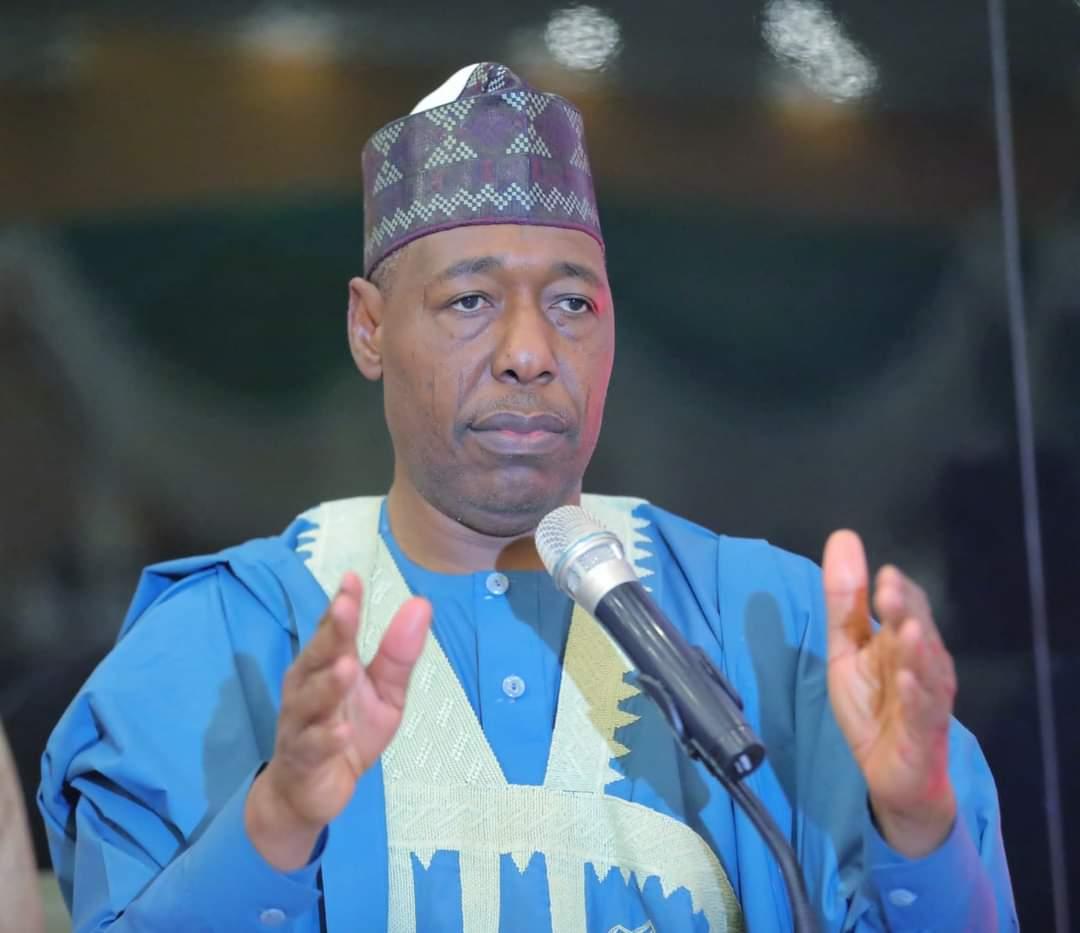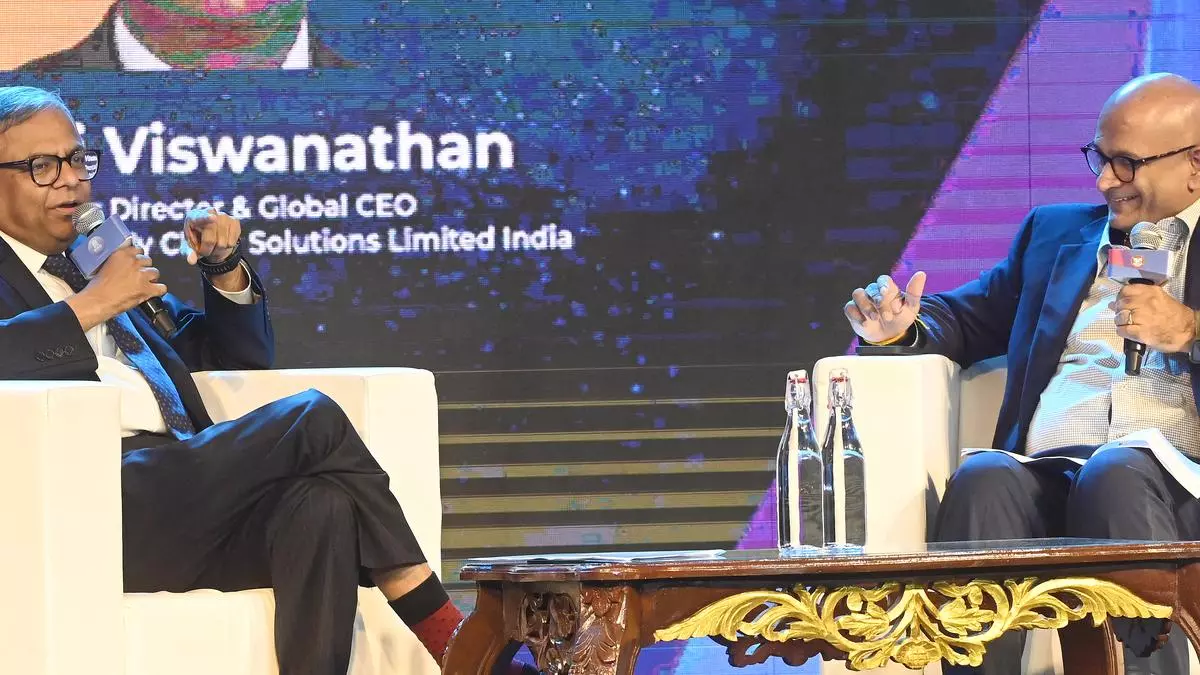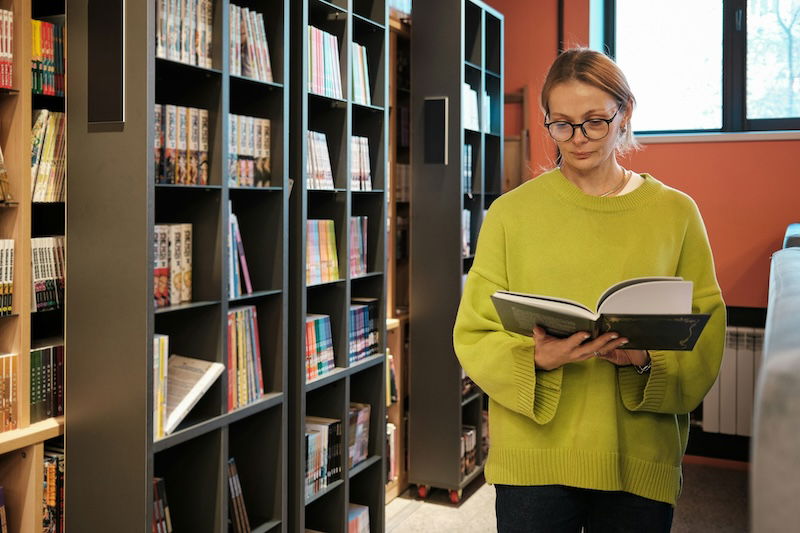Fouzul Kabir Khan, Adviser, Ministry of Power, Energy and Mineral Resources, Government of Bangladesh, feels that cross-border trade is a win-win for all.
Khan, who is in thick of the developments happening in Bangladesh’s energy space, believes that the market will mature only when the energy exchanges become more dynamic. In a quick telephonic conversation with businessline, he shares his thoughts on the regional energy trade as well as the developments in Bangladesh’s energy space. Excerpts:
Given the recent geo-political as well as domestic developments across many countries, what is the future of cross-border trade in electricity?
Success of a cross-border trade largely depends on the terms decided. It is mostly good for the countries involved. We would like the cross-border trade to expand to Nepal, Bhutan, India and beyond.
Countries and their political leaderships will realise that regional energy trade could be a win-win situation for all. This realisation will bring greater understanding as far as energy trade is concerned.
Recently, Nepal, India and Bangladesh have signed a tripartite agreement to facilitate cross-border electricity trade. Do you think it will be impacted by geo-political issues?
According to the agreement, Nepal will export its surplus electricity to Bangladesh via India from June 15 to November 15 every year. India will make arrangements to supply electricity from Nepal to Bangladesh. In the first phase, Nepal will export 40 MW of hydro-electricity to Bangladesh via the Indian territory.
It will work only seven months annually, mostly during summer. I hope it will continue without any hassle. I do not see any problem because we have had proper negotiations, which would ensure all the three countries involved benefit from the agreement. Besides, there is a room for further expanding it.
Do you think a common grid (integrated grid) has a future?
My sense is that it might need some more time before it becomes a reality. There are challenges such as putting up infrastructure like having an active energy exchange. India has a full-fledged power exchange, Bangladesh, for example, is yet to have one. There are market issues that will need to be addressed before energy exchanges are established. Besides, there are other technological issues as well.
Talking about infrastructure, tariff also plays a role. For example, the Indian market is very price sensitive. How will the tariff issue work?
Yes, there is a constant need for reviewing the tariff. We should be continuously looking for reduction in tariff. One way to make cheap power available is to move towards solar energy, as the solar energy prices are coming down and also they are not sensitive to the volatility of the international fuel or gas prices.
I can tell you there are a lot of opportunities for making cheap power available. For example, in Bangladesh there are a lot of wasteful expenditures that could be cut down.
Also, if you promote solar and other renewable sources, you can ensure cheaper tariff as well as curb cost cutting of the utilities. I think we should be able to provide an affordable tariff to both domestic and industrial consumers.
Is Bangladesh reviewing the tariff? And has the payment issue with power producers streamlined? What is the status of ongoing investigations on the projects, including that of Adani?
As you are aware, our fiscal situation has improved and even our foreign currency reserves are better placed now. We are most likely to go for tariff renegotiations not only for imported supply but also for domestic supply. This would also help better manage our finances and stabilise the purchase price of electricity. Pakistan has recently revised tariff.
Yes, investigations are going on currently.








Leave a Comment